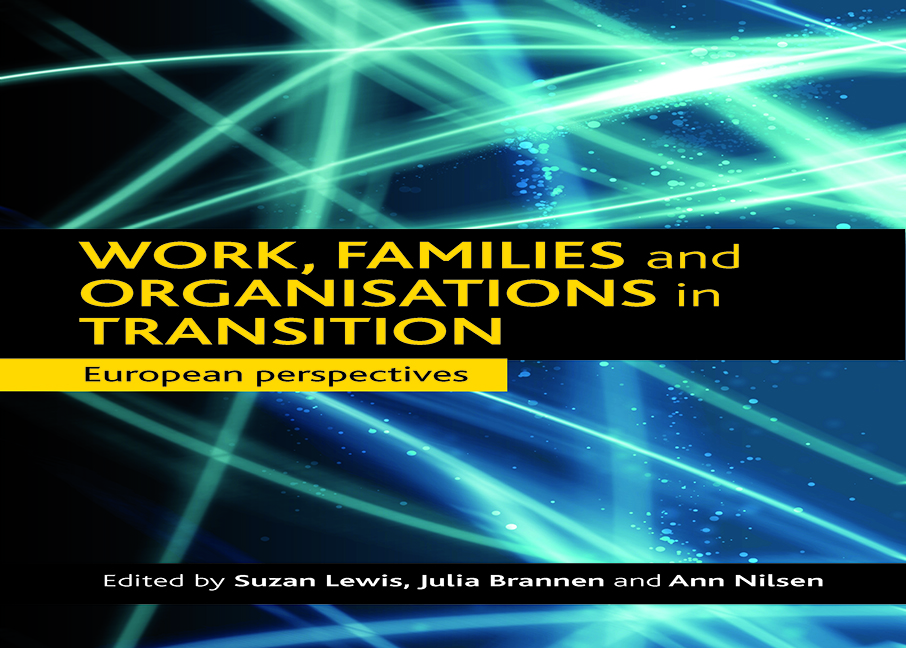Book contents
- Frontmatter
- Dedication
- Contents
- Acknowledgements
- Notes on contributors
- one Work, family and organisations in transition: setting the context
- two Research design and methods: doing comparative cross-national research
- Part One Public sector organisations
- Part Two Private sector organisations
- Part Three Comparisons
- Appendix
- References
- Index
seven - Work–life initiatives and organisational change in a UK private sector company: a transformational approach?
Published online by Cambridge University Press: 16 July 2022
- Frontmatter
- Dedication
- Contents
- Acknowledgements
- Notes on contributors
- one Work, family and organisations in transition: setting the context
- two Research design and methods: doing comparative cross-national research
- Part One Public sector organisations
- Part Two Private sector organisations
- Part Three Comparisons
- Appendix
- References
- Index
Summary
Introduction
There is now abundant evidence that work–family policies without systemic change in work structures, cultures and practices have limited impact on employees or organisations (Lewis, 1997, 2001; Rapoport et al, 2002). Contemporary organisations are undergoing dramatic changes in response to new forms of competition in the global context and technological developments (White et al, 2003). Yet despite the pervasiveness of change, employers often adopt a relatively minimal approach in response to changing demographics and the work–family needs of employees. A minimal approach might involve ignoring this issue altogether, or taking token actions, for example developing policies to support equality of opportunities but paying little attention to the implementation process and the deeper changes needed for policies to be effective (Lewis, 1997, 2001).
Some employers genuinely aim to transform workplaces to benefit both employees and the organisation and to keep ahead of contemporary economic and social trends – a transformational approach (Lee et al, 2000), although they may encounter many barriers along the way (Lewis and Cooper, 2005). While a minimal approach seeks quick fixes and has only short-term effects, a transformational approach has the potential to harness change in positive ways and to contribute to innovation and long-term benefits. We refer to a transformational approach rather than good practice, family friendliness or flexibility in order to emphasise a dynamic ongoing process in response to or anticipation of changing needs. The search for ‘good practices’ in relation to work–family arrangements assumes that there are once-and-for-all solutions to work–life issues – that once good practices are in place, employees’ work–family problems are taken care of. This obscures the need to keep work–life issues constantly in mind as things change, ‘mainstreaming’ them into organisational decision making.
In this chapter we consider aspects of a potentially transformational approach to work–life issues in the rapidly changing contemporary context. We consider how this may be conceptualised, what would be the criteria for a transformational approach and what the barriers to transformational change are, drawing on one case study of a finance sector organisation in the UK, from the Transitions study.
- Type
- Chapter
- Information
- Work, Families and Organisations in TransitionEuropean Perspectives, pp. 97 - 112Publisher: Bristol University PressPrint publication year: 2009



